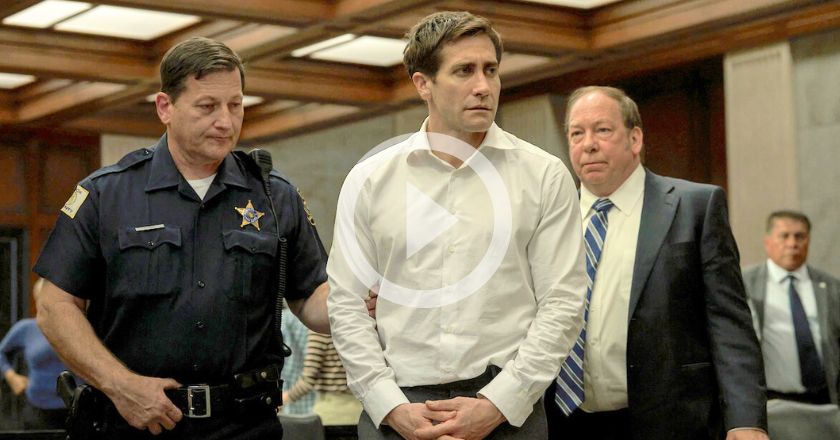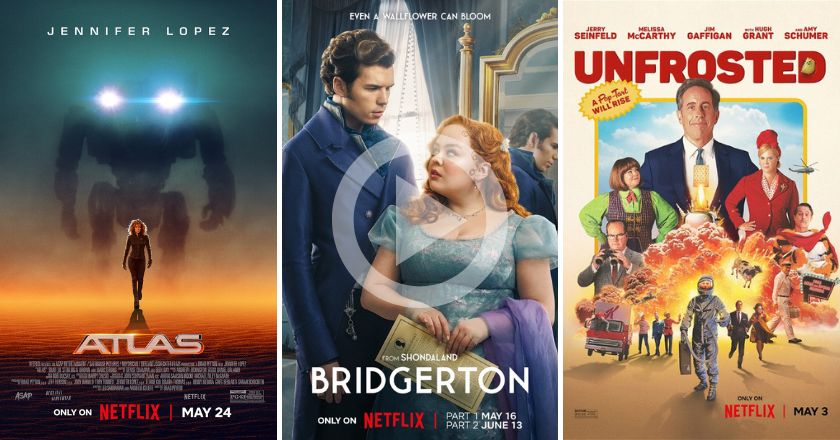
It brings me sincere joy to report to you that The Invisible Man is an excellent film, and what a relief too. After Universal Pictures’ failed attempt to create a “Dark Universe” with The Mummy, all future instalments were scrapped, including The Wolf Man, Frankenstein and a Johnny Depp-led version of The Invisible Man. They went back to the drawing board and decided to pursue modern stand-alone films instead, the first of which was given to Australia’s own Leigh Whannell, whose reputation for delivering consummate horror was solidified with the Saw and Insidious franchises.
“Stand Alone” is the operative phrase because this new incarnation of Universal’s famous property is an entirely new interpretation with an original story from Whannell himself. The original 1933 film, based on the HG Welles book, told the story of a mad scientist who discovers the secret to invisibility and embarks on a murderous reign of terror with delusions of world domination. The 2000 re-imaging film Hollow Man adhered to a similar narrative (although with Paul Verhoeven’s more–let’s say, gratuitous leanings), whereas Whannell’s modern fable turns the concept on its head and subverts the genre entirely.
Elisabeth Moss stars as Cecilia, a woman who escapes the violent clutches of her abusive husband, Oliver (The Haunting of Hill House‘s Oliver Jackson-Cohen), only to be terrorised after his reported suicide. He had been a leading figure in Optic research and evidently unlocked the secret to invisibility, and when Cecilia goes into hiding, he finds her and proceeds to torment and wage a psychotic campaign of violence against her. Of course, since Oliver appears to be well and truly dead, her pleas for help are perceived as crazy delusions and in a brilliantly depraved method of madness, Oliver systematically sets her up for psychiatric committal.

Whannell has delivered a tour-de-force in suspense, marking The Invisible Man as something of a masterclass thriller. By undermining the source material, he has freed himself to explore contemporary themes and align himself with other prestige Blumhouse titles such as Get Out and Us. Similarly, he also weaves his story without any reliance on obviously expensive special effects, allowing the tension and atmosphere to carry the load. The result is a precisely crafted demonstration of dexterity and finesse, culminating in completely taught and rousing dramatic horror.
The film grips its audience from the get-go, depicting Cicilia’s escape from their fortress-like mansion. In a thick blanket of silence, she tiptoes through the house, quietly disabling alarm systems and exacting her strategic plan. It is a tense and gripping introduction that instills immediate sympathy for her; without any direct context, we understand what’s happening and why she’s leaving – and we fear for her.
From this moment on we are champions for Cicilia’s cause and Whannell’s diligent screenplay ensures we stand by her every step of the way. What follows those opening moments is an intelligent and deceptive narrative that treats the audience to some of the expected tropes of the genre (there are plenty of bumps in the night) while forging new territory complete with clever red herrings and unpredictable turns. With so much of the torment being inflected under the cloak of invisibility, the film plays out like a contemporary ghost movie. Objects move and levitate, and bodies are thrown across rooms.

Elisabeth Moss carries the film singlehandedly and turns over an incredible performance. The depth of her desperation is palpable and her physicality is spectacular, and as she rises from being a traumatised victim to a headstrong warrior, we ““ the audience – sweat bullets for her.
The production design is modest, yet effective, and there is no sense of grandiose. Everything happens in regular humdrum environments and the emphasis is placed upon the unfolding drama itself. Having said that, I was drawn to the similarities and the overall aesthetic that The Invisible Man has with Robert Zemeckis’ underrated chiller What Lies Beneath (2000). And with the added influence of films like Enough (2002) and Sleeping With The Enemy (1991) it embodies a Hitchcockian quality that is a very welcome adage.
It must be said that the social commentary of The Invisible Man is topical and potentially triggering to some. Domestic abuse, in all forms, is at the forefront of the film’s themes, and while it may challenge some people’s tolerance in our ever-socially-aware society, it ought to also provide hope and determination in others.
The Invisible Man is a damn good horror movie that’s well worth the price of admission. It is brilliantly directed, superbly acted and thoroughly engaging. See it with an audience and be part of the experience.
SCREEN REALM SCORE: ★★★★★
‘The Invisible Man’ opens in Australian cinemas on February 27 and hits U.S. cinemas on February 28.
https://www.youtube.com/watch?v=k2Qhzz5g2b0








